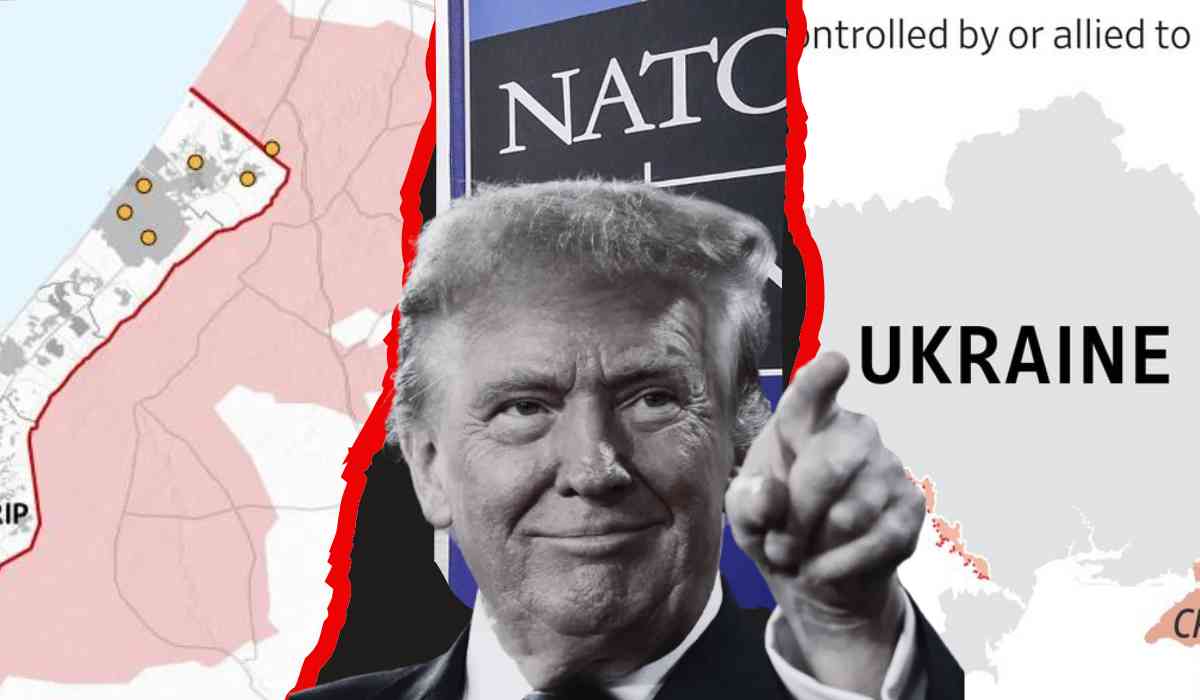During Donald Trump’s presidency (2017–2021), U.S. foreign policy was characterized by unpredictability and a departure from previous international commitments. Trump's "America First" agenda focused on nationalist objectives, prioritizing bilateral relations over multinational agreements. This approach led to significant changes in U.S. foreign policy, impacting relations with traditional allies and adversaries alike. If Trump wins re-election, similar policies could be reinstated, with notable implications for Israel, Ukraine, and NATO.
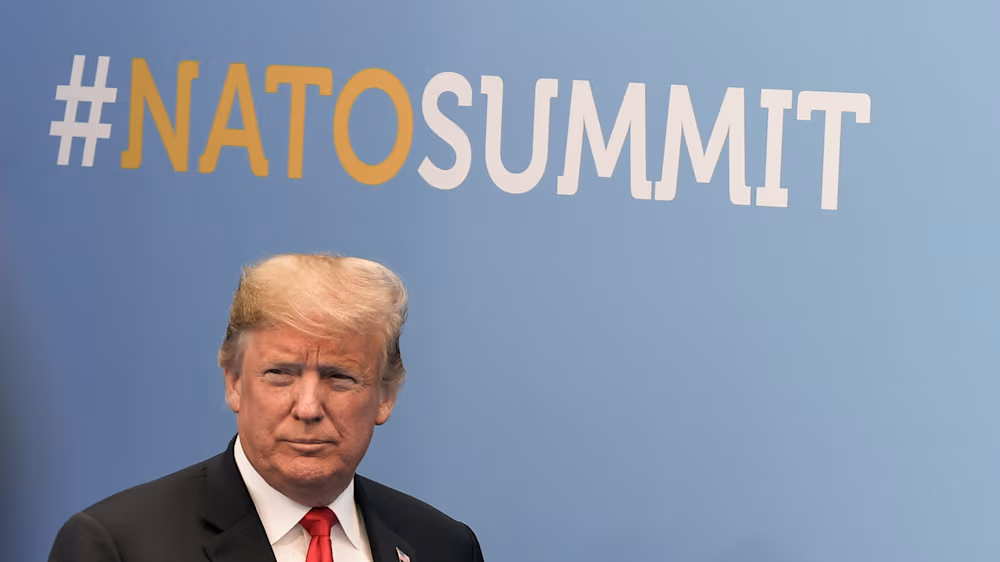
Impact on Israel
Trump’s first term saw significant shifts in U.S. policy toward Israel and the Israeli-Palestinian conflict. Key decisions included recognizing Jerusalem as Israel’s capital, moving the U.S. embassy there, and brokering the Abraham Accords, which normalized relations between Israel and several Arab states. These moves were largely seen as favoring Israel, potentially at the expense of Palestinian interests.
A re-elected Trump administration would likely to strengthen U.S.-Israel relations. Trump’s administration had a strong pro-Israel stance, and his return could mean continued U.S. support for Israeli policies, including settlement expansion in the West Bank. This could further diminish prospects for a two-state solution, as Trump’s policies have been viewed as limiting the viability of an independent Palestinian state.

Trump’s return might also see renewed economic and military support for Israel, ensuring its qualitative military edge in the region. However, this could exacerbate tensions with Iran, as Trump previously withdrew from the Iran nuclear deal and imposed stringent sanctions on Tehran. A renewed Trump administration could continue this hardline stance, potentially leading to increased regional instability and heightened conflict risks.
Implications for Ukraine
Trump’s approach to Ukraine and Russia has been markedly different from the current administration. While President Biden has been a staunch supporter of Ukraine in its conflict with Russia, providing substantial military aid and rallying NATO allies, Trump’s views have been more accommodating toward Russia.
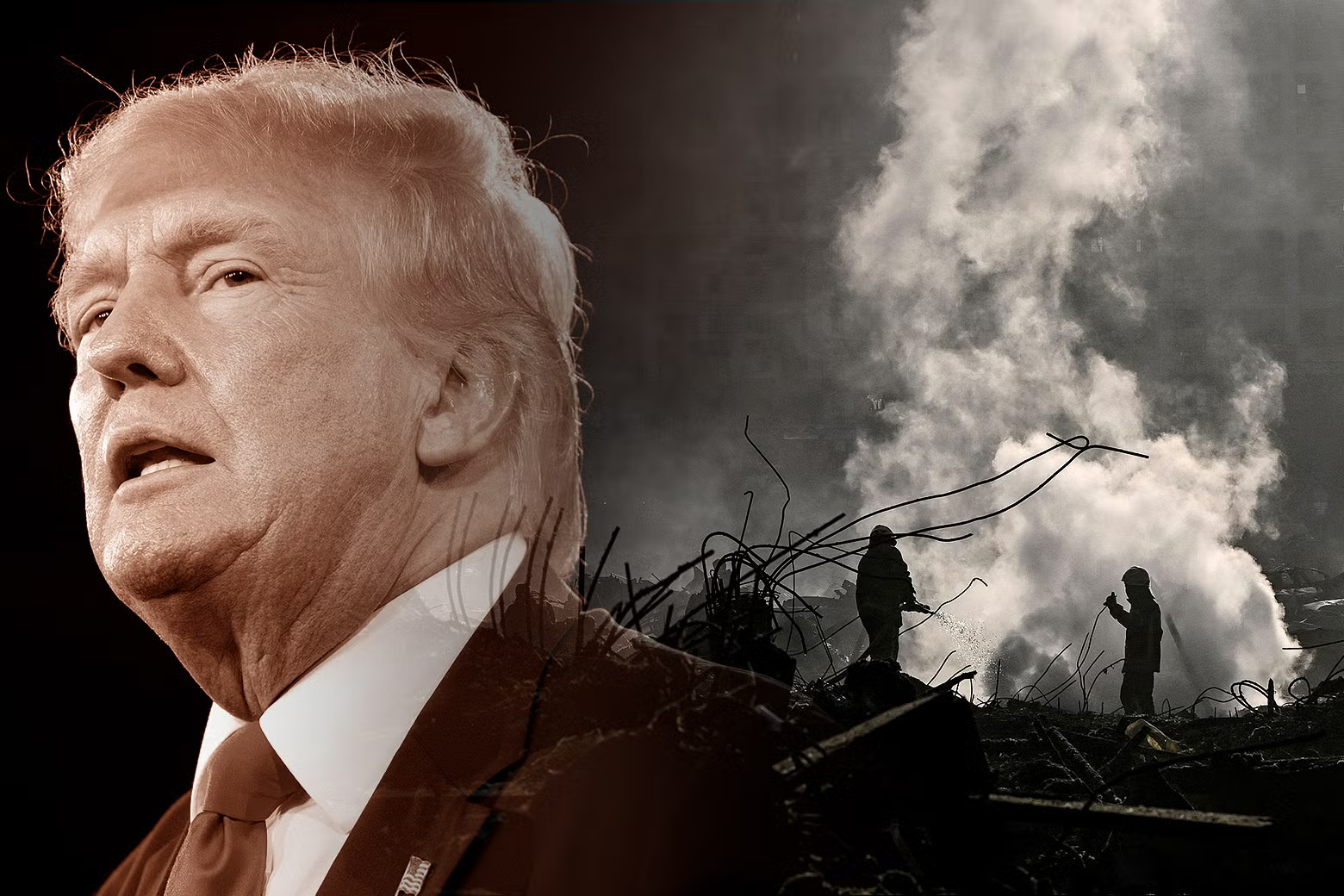
Trump’s re-election could result in a significant reduction in U.S. support for Ukraine. He has previously expressed skepticism about the necessity of aiding Ukraine and suggested that European countries should bear more of the burden. This could lead to decreased military aid and a push for Ukraine to negotiate with Russia, potentially conceding territory to end the conflict. Such a move would be a significant departure from the current U.S. policy, which aims to support Ukraine’s sovereignty and territorial integrity.
Trump has been critical of NATO, describing it as obsolete and urging member countries to increase their defense spending. His re-election could strain U.S. relations with NATO allies and undermine the alliance’s cohesion. This could embolden Russia, as a less unified NATO might struggle to present a strong deterrent against Russian aggression. Trump’s stance could also lead to a reassessment of U.S. military commitments in Europe, potentially reducing American presence and influence in the region.
NATO’s Future Under Trump
NATO’s strength and unity have been crucial in countering Russian aggression and maintaining European security. Trump’s previous criticisms and his calls for burden-sharing have created uncertainty about the U.S. commitment to the alliance. A Trump re-election could have profound effects on NATO’s future.
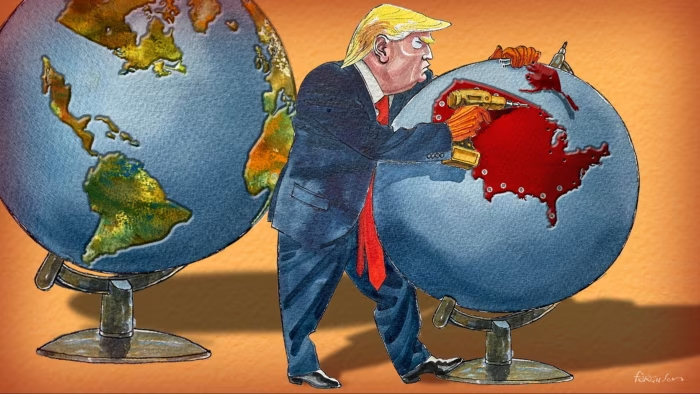
Trump’s push for NATO allies to increase their defense spending is likely to continue. While this could lead to a stronger, more self-sufficient European defense, it might also create tensions within the alliance. Countries struggling to meet these demands could face criticism and reduced support from the U.S., potentially weakening the alliance’s unity.
A Trump-led administration might pursue a more transactional approach to alliances, focusing on immediate benefits for the U.S. rather than long-term strategic goals. This could lead to a reorientation of U.S. military priorities, potentially reducing commitments in Europe and shifting focus to other regions, such as the Indo-Pacific. This reorientation might leave Europe more vulnerable to Russian influence and aggression, challenging the existing security architecture.
Final Thoughts
The re-election of Donald Trump would likely bring significant changes to U.S. foreign policy, with far-reaching implications for Israel, Ukraine, and NATO. While Israel might benefit from continued U.S. support, the prospects for Palestinian statehood could diminish further. Ukraine could face decreased U.S. support and pressure to negotiate with Russia, potentially compromising its territorial integrity. NATO could experience increased internal tensions and a strategic shift, affecting its ability to counter Russian aggression effectively.
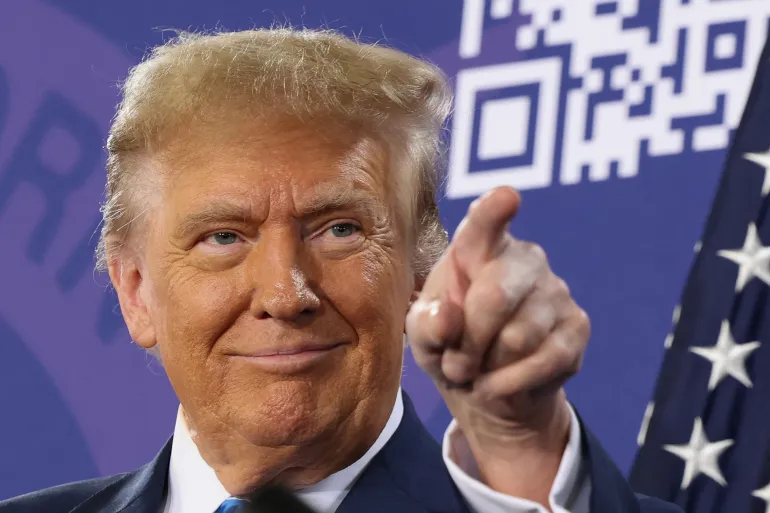
These potential changes underscore the importance of closely monitoring U.S. foreign policy developments and preparing for a range of outcomes that could reshape the global geopolitical landscape. As history has shown, U.S. foreign policy under Trump has been marked by unpredictability and significant departures from established norms, making the potential impact of his re-election a critical concern for international stability and security.
Inputs by Agencies
Image Source: Multiple Agencies
Ⓒ Copyright 2024. All Rights Reserved Powered by Vygr Media.

